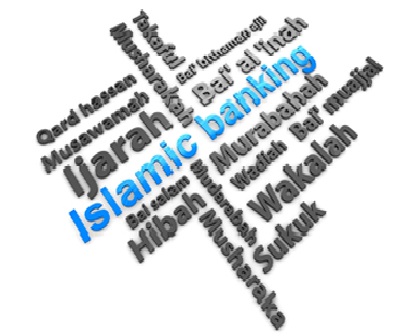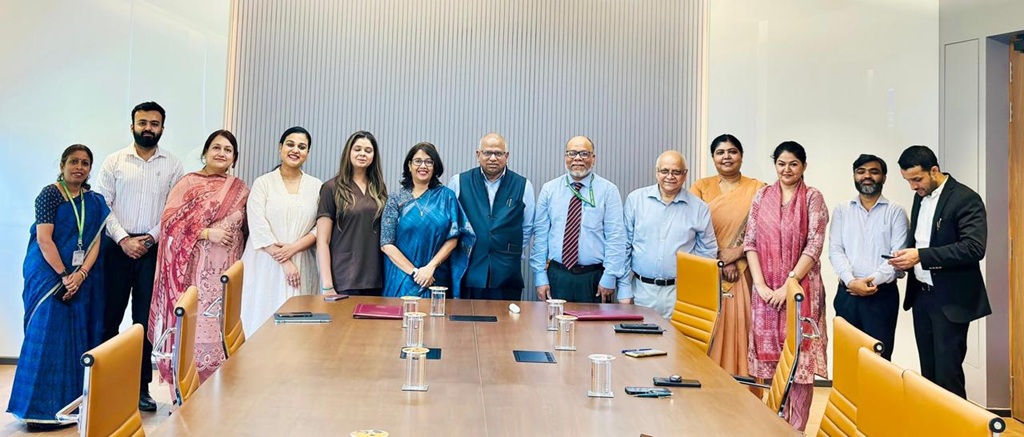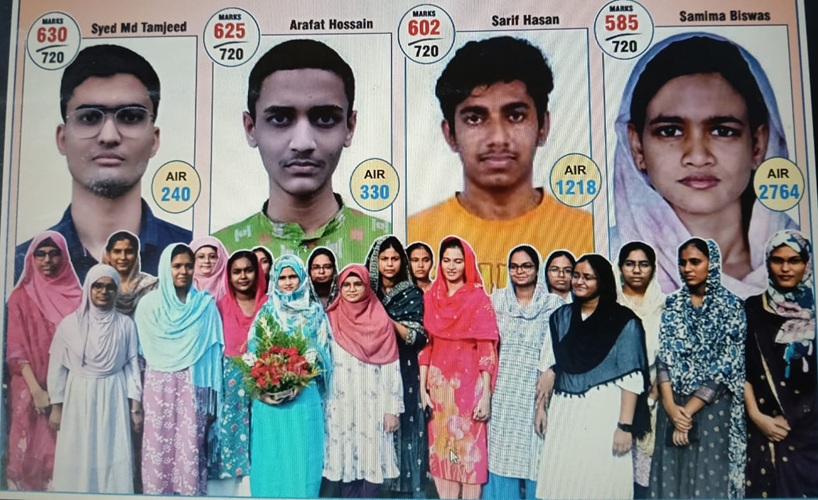Dr Aishath Muneeza, Associate Professor, INCEIF, Malaysia
COVID-19 is a black swan event that has turned back the global poverty clock. Millions have lost their jobs overnight and have no way to find employment due to the lockdown measures taken to adequately deal with the pandemic and save the humankind from being extinct. The first case of COVID-19 in India was reported on 30 January 2020 and on 24March 2020, the Prime Minister of the country announced that the country is going for full lockdown. This caused disruption in all major economic activities and led to increase in unemployment causing extreme poverty as no immediate financial helping hand was offered to them. According to the International Labor Organization (ILO), it is expected that 400 million people in India risk falling into poverty due to disruption in economic activities caused by the lockdown measure taken to control the pandemic.
Islamic social finance though is a relatively a new term compared to Islamic commercial finance, some types of Islamic social finance has been practiced in Muslim societies at all times. For instance, as a form of ‘ibadah (worship) activity zakat is being implemented as it is the third pillar of Islam.The types of Islamic social financial instruments include zakat, sadaqat and ifaq, waqf, takaful and microfinance. Using technology the challenges facing the effective collection, management and distribution of the modes of Islamic social finance can be resolved. However, to adopt technology in this regard, some initial investments will be required and proper technology governance mechanisms ought to be adopted to the Shariah governance and corporate governance mechanisms applied in the respective organisation. Below suggested are some ways in which poor can be assisted in the midst of the pandemic.
- Way to boost funds received for distribution to poor
Prior to the pandemic, the way to collect zakat and other charity funds from the public is normally via by physical presence of the payer. However, the pandemic has made us realise that physical presence might not be an option to contribute funds for the purpose and as such, switching to online payment instant transfer modes could be the most convenient mode available depending on the availability of such option in the respective location. However, marketing such options to masses in the midst of the Covid might be challenging and as such, innovative ways to promote these channels to contribute is important. One way of doing this could be initiate charity round up concept where using retail transactions at either a retail store’s point of sale (POS) terminal or via an online website charity could be made by the purchasers of goods where the price of the purchase goods or the transaction price is rounded up to the next decimal.by increasing the chances of purchasers of goods contributing some cents for charity This approach will eventually make a huge amount when the cents contributed by all are added and accumulated. This is indeed an approach that could be implemented with the assistance from online shop owners and correct affiliations made by Islamic social finance providers would create a sustainable fund to help the poor. Furthermore, online platforms for charity can be introduced in such a way that, the payers can directly contribute an amount to the receiver he or she selects without involvement of a third party to distribution of it. Crypto charity platforms that is created using blockchain technology could be an option in this regard where the technology used in the platform will create confidence among the contributors by giving them the assurance that whatever they contribute has really made a difference to the society and have brought a different to a person’s life. However, to create such a platform and to manage it effectively, some manual processes in terms of identifying the needy will have to be done by the manager of the platform. Without doing this part effectively, the confidence of the payers will not be boosted and the positive impact to the lives of poor at societal level might not be evident.
- Adopting an effective way to make the distribution to poor
In distributing the financial assistance to poor, a comprehensive framework that would not only enable the most deserved recipients to be identified and verified, but it is imperative to put in place the mechanisms to distribute the financial assistance to the poor in a fast and convenient manner without their physical presence. One way of doing this could be via online money transfer mechanisms if the receiver is able to have a bank account or via agents who could be shops or businesses run near the recipient’s geographical location who could be the distribution agents of the Islamic social finance providers. Via a crypto charity platform, the platform manager could enable the poor to be registered and enable to have a digital wallet that would enable the charity payer to directly pay to the poor selected by the payer. In this arrangement, the platform manager shall ensure that there are mechanisms put in place to ensure that the money received in the poor’s digital wallet can be withdrawn by the poor for the purpose required by them. However, it is imperative to note that this mechanism is the most transparent manner in which a payer could ensure that the rightful receiver has received the financial assistance in a timely and convenient manner in real time.
- Introducing a technology based mechanism to locate poor
Internet of Things (IoT) has enabled to use an intelligent device to collect data and use it for a specific purpose. This is a technology that could be used by the Islamic social finance providers to collect data about the poor and also to locate them geographically using GPS feature. This way, there is no need to engage in the cumbersome paper process to register and update the information of poor every time they want to receive financial aid. The idea is that after verifying the poor for the very first time, they could be given a smart gadget like a watch or anything with the required sensors that could be useful to them to use in the process of collection data. However, to put this into practice, investing in internet and the smart gadget will be required from the Islamic social finance provider. However, this could be viewed as a value added and sustainable investment.
- Implementing a ihsan based approach to cross-verify the poor
Verification process of a poor is a normal process that is followed by the Islamic social finance providers. There is no uniform process for this. Some Islamic social finance providers open poor to register via an online portal or by completing a complex form that would be submitted online or physically. After that, an interview process could be conducted with them and then the eligible poor will be notified. There are some instances in which in an honourable manner without being humiliated, the poor can be verified. A major cause for this humiliation is due to the nature of officer’s involvement in the process where the mercy and compassionate standard applied for depends on the character of the officers. As such, in this instance, the officers involved to conduct interviews could be replaced with an Artificial Intelligence (AI) based robo-officer. This approach could be a more ihsan based approach for the poor.
- Eliminating unnecessary registration processes required for poor to receive help
Using IoT technology, using sensors in a smart gadget could assist in determining the poverty level of household and the yardstick that could be used for this could be easily formulated. As such, instead of every time to receive financial aid, registration will not be required and from the data collected, the Islamic social finance provider can easily determine whether poverty is still prevailing in the household or not. This way even the cost on paper work and time on interviewing and verifying the poor every time will be reduced. Therefore, it is imperative to use technology to enhance this process of eliminating registering every time when a poor need to receive financial aid.
- Formulating financial assistance programs that will turn the poor into entrepreneurs and becomes future contributors to help poor
The proverb: “You give a poor man a fish and you feed him for a day; you teach him to fish and you give him an occupation that will feed him for a lifetime;” is true even in the context of providing poor with financial assistance. As such, instead of creating the habit of waiting for financial assistance, using the financial assistance given, Islamic wealth management techniques and the way to become an entrepreneur can be taught in a way where continuous financial and business progress monitoring in made by the Islamic social finance provider. If this approach is successfully implemented, today’s poor will be tomorrow’s contributors eliminating poverty in the society.
- Run social media campaigns to help poor
Social media today is a powerful communication tool that could assist in helping the poor and needy without incurring much financial cost. As such, via social media campaigns to help poor can be conducted by Islamic social finance providers. This way masses could be reached within a few seconds and using a crowdfunding approach, the poor could be helped.There are numerous successful case studies that show result in such campaigned. One example could be the Malaysian case of ‘Love Your Neighbor Penang’ initiative where the organiser through their Face Book page, connect the needy with someone who’s specifically able to assist with what they need.
It is anticipated that by linking Islamic social finance with technology, the population of India who needs a financial helping hand will benefit. Islamic social finance is definitely a mercy to the mankind and what is required is to implement it in an effective manner to assist societies to alleviate poverty. The beauty of Islamic social finance is that it is not a requirement to have an institution to implement it, each and every member of society; individually or collectively has the ability to implement it. As such, the ideas proposed here could be adopted by an individual or an institution and Islamic finance provider in this article could be an individual or an institution. Pandemic clock is ticking; but we have the power to empower the society by alleviating poverty via self-sufficiency. We just need every member of the society to believe that anyone can be a helper by reviving the spirit of brotherhood and solidarity in the society.
Courtesy: INDIAN CENTRE FOR ISLAMIC FINANCE (ICIF)







0 Comments